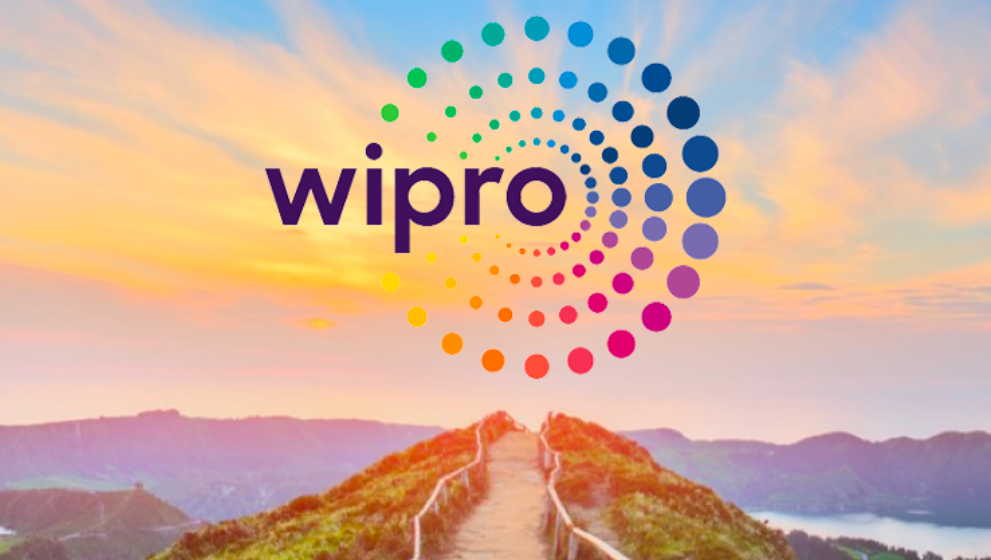Wipro’s Pathway To Sustainability: Balancing People, Planet, Profit
In today’s rapidly changing world, sustainability has become a paramount concern for businesses worldwide. It’s no longer just a buzzword, but a fundamental ethos that guides companies toward creating lasting positive impacts on society and the environment. Wipro, an Indian multinational corporation, has embedded sustainability into its core values. We spoke to their sustainability leader, Narayan P.S., Global Head of Sustainability and Social Initiatives, to delve deeper into what sustainability means for Wipro and how they’ve navigated this complex terrain.
Understanding Sustainability at Wipro
“Sustainability is multi-faceted and multi-dimensional,” says Narayan. The journey began over two decades ago when the company’s leadership, led by Founder Chairman Azim Premji, embarked on a journey to determine how Wipro could engage with societal challenges. The result was a commitment to engage with society in a manner that is deep, meaningful, and long-lasting.
Wipro adopted the concept of Triple Bottom Line, emphasising that companies exist not just for shareholders but for multiple stakeholders. They aimed to generate economic and financial value and also create value for employees, suppliers, customers, and the community at large, encompassing “People, Planet, and Profit.”
Sustainability Initiatives
Under the environmental umbrella, Wipro has Science-Based Targets Initiative (SBTi)-approved for Scope 1, 2, and 3 emissions until 2030 that are well below the 1.5 degrees Celsius temperature goal. They have also committed to Net Zero goals by 2040 with an absolute emission reduction of 55 per cent by 2030, keeping 2017 as the base year. Wipro has instituted a mitigation hierarchy focused on emission reduction activities in the value chain. The company has been able to reduce absolute Scope 1 and Scope 2 emissions in India for the financial year 2022 by 15 per cent, attributed to an increase in renewable energy procurement at offices.
Apart from greenhouse gas emission reduction, the company prioritizes urban biodiversity and has launched the campus urban biodiversity program for converting existing campuses to biodiversity zones and developing them as platforms for wider education and advocacy. The biodiversity projects integrate multiple benefits of water conservation, ambient temperature reduction, air pollution mitigation, and employee engagement.
Under the social umbrella, Wipro is integrating diversity and inclusion in all aspects of work. For gender diversity, the company runs multiple programs such as Women at Wipro, tailored to and customized to cater to the needs of women at every stage of their life and work and the Enrich program in 2021, which is a sponsorship program for high-potential women leaders to strengthen the talent pipeline and create an ecosystem of enablement. Other programs include Refresh, which is particularly for women returning to work after their maternity leave, disability, making training programs accessible, and LGBTQ+ programs.
At the community level, Wipro has mapped its programs to the United Nations’ Sustainable Development Goals. For example, the Wipro Education program is an inclusive education program for disabled children in disadvantaged sections and underprivileged children and aims at developing the capacity of Civil Society Organizations (CSOs) to work on issues of education reform systematically through this program. As of financial year 2023, Wipro has supported over 1.5 million children, including approximately 17,500 children with disabilities and 4,000 teachers, through approximately 130 partner NGOs.
Empowering Employees Towards Sustainability
“Sustainability is a mosaic, and there is always a space where everyone can engage, whether an individual, community, or corporation,” states Narayan. He advocates focusing on a few areas, gaining consensus from stakeholders, and delving deep into these areas over several years to build credibility. This process begins with leadership buy-in and extends to all employees.
The company has instituted an Employee Chapter Moment where employees form interest groups and promote sustainability at work and in the communities, they live in. The company has promoted cycle-to-work schemes and tree plantation drives among various other initiatives. Narayan says, “These initiatives may not be very strategic, but they have their value in engaging employees. Every bit is useful.” The sustainability leader suggests, “Create a playbook that engages different levels of the organization in different ways.”
Differentiating Sustainable Companies from Greenwashing
In an era of information overload, distinguishing genuinely sustainable companies from those engaged in greenwashing can be challenging. According to Wipro’s sustainability leader, it’s crucial to delve beyond superficial claims. Narayan advises, “Look at the approach and principles a company adopts. Sustainability is a long-term commitment, and short-term strategies may not suffice. Ask questions about how deeply a company engages with the critical issues in their sector. Focus on qualitative metrics, not just quantitative metrics. Assess the articulation and involvement of people.”
The Sustainability Mantra
Wipro’s sustainability leader believes in the power of distributed problem-solving and says, “Sustainability is not a challenge that can be centralized; it requires collective efforts from individuals, communities, and corporations.” He summarized his mantra: “Start small, focus deeply, and develop expertise. Stay humble and eager to learn. Sustainability is a multi-dimensional issue with much to discover. With a growth mindset, we can all become more effective agents of positive change.”






















































































































































































































































































































































































































































































































































































































































































































































































































































